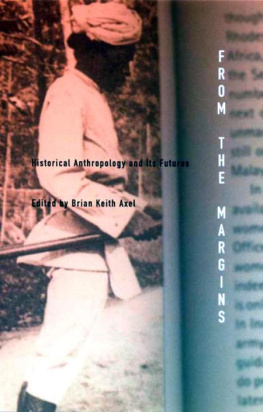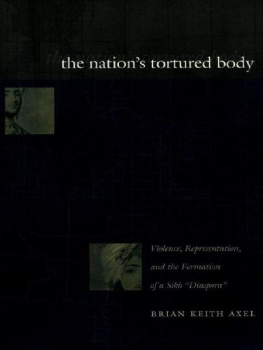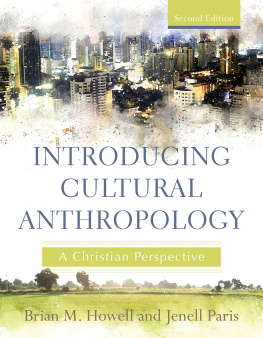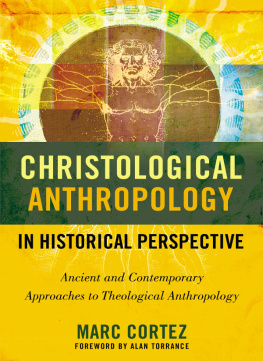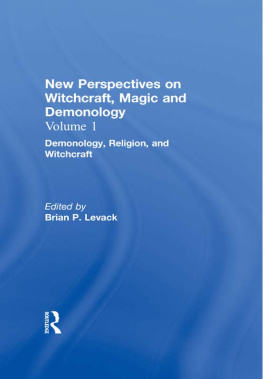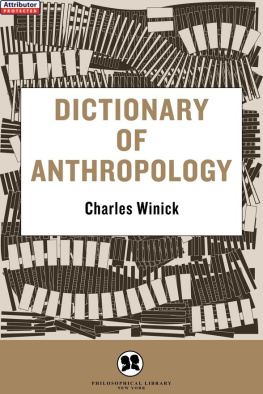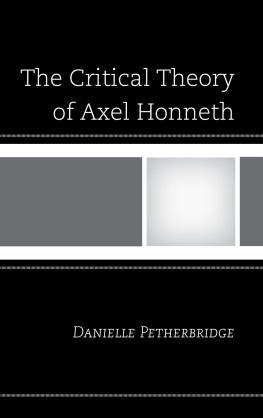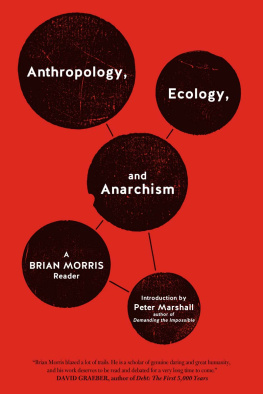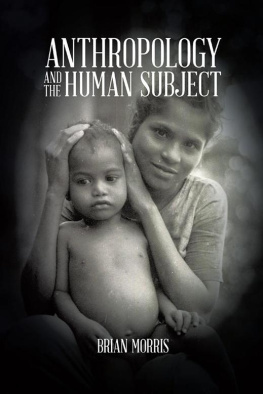Edited by Brian Keith Axel


vii
Part -T Ethnography and the Archive
Part 2 Colonial Anxieties
Part 3 Marginal Contexts
Part 4 Archaeologies of the Fantastic
After many years of working on the margins of their disciplinary homes and within disparate systems of institutional support, scholars and students of historical anthropology have begun to constitute a shared domain of conversation and debate. There may not necessarily be a consensus on what historical anthropology is or should be, nor is consensus necessarily sought after. However, at the beginning of the twenty-first century, historical anthropology has gained momentum as both a pedagogical practice and a way to interrogate the dynamics of emergent world orders. It is the challenging character of these sites of pedagogy and interrogation that we would like to explore in this book.
The idea to capture this moment in historical anthropology with a volume came out of a series of conversations I had during the Spring of 1999 at Emory University and was made possible by the unique collaborative opportunities afforded me as Emory's Mellon Postdoctoral Faculty Fellow in Ethnography and Historiography. As the title of the fellowship suggests, my two institutional homes-the Department of Anthropology and the Graduate Institute of Liberal Arts (ILA)-were interested in facilitating an interaction between anthropology and history. Toward this end, I was invited to work with Donald Donham to coordinate a semester-long historical anthropology program. Don and I planned a graduate workshop to be built around a series of presentations by guest speakers. We were fortunate to have several important scholars in the field visit Emory throughout the semester. And we were just as fortunate to enroll the participation of faculty and graduate students from several different departments and fields.
Historical anthropology is often defined as a form of knowledge production that is based on an exchange of methods and theories between history and anthropology. Understood as a mode of disciplinary exchange, this type of in quiry seems to bear all the signs of interdisciplinarity, an intellectual enterprise so celebrated these days. In fact, when first beginning to plan Emory's historical anthropology workshop, we very much saw our project in this light. We started with a pragmatic sense of working knowledge and hoped to establish a dialogue between the two disciplines of history and anthropology in order to refine modes of exchange for their respective methods and theories.
The workshop, indeed, represented only one example of a broader trend in supporting programs of interdisciplinary inquiry on campus. More generally, we have seen this kind of trend burgeoning all over the United States in response to epistemological crises engendered by the excitement (or alarm) of globalization, changing world orders, or sudden civilizational clashes. However, what we were proposing to investigate was not at first necessarily infused with this sense of newness or danger, and for some, it even seemed to be merely an extension of what was already in place. After all, had not historians been deploying anthropological methods for decades? And had not anthropologists made ample use of history? At the very least, the challenge was to persuade representatives of both fields to gather in the same room-no small feat, as many remarked, for a campus that, by its very architecture and landscape, kept the different departmental homes apart.
If anything, this challenge of forging institutional connections can be taken as symbolic of the dilemma of interdisciplinarity itself, and engaging it gave us an opportunity to reformulate our initial ideas of historical anthropology. As the semester unfolded, a workshop oriented toward shifting disciplinary distinctions often evoked hesitation in students and faculty trained in either history or anthropology who saw their departmental alliance called into question. For some of us, the possibility of transcending or bridging institutional boundaries-a prospect supposedly signified by "historical anthropol- ogy"-engendered a renewed effort to define and separate the sites transcended. At best, this disciplinary "unease" was not squelched but rather fueled by the presentations of our guests, whose papers tended to demonstrate diverse sites for the production of historical anthropology rather than defining the inquiry itself. Sometimes the speakers were challenged to accentuate or specify precisely how their work transformed or moved between conventional boundaries. Yet, at other times, they were met with questions that demanded they be better historians or more recognizable anthropologists. As Bernard Cohn once noted: "It is relatively simple to suggest and explore subject matters which are of joint interest to historians and anthropologists. It is much more difficult to delineate a common epistemological space which can be termed historical anthropology."
Cohn's words indicate a crucial distinction, wherein we may discern the limitations of interdisciplinarity. Uncannily mimetic of the university campus's architectural divisions, our interdisciplinary desires tend, more often than not, to rely upon and sustain the functioning of disciplinary divisions, leaving their frontiers and boundaries intact and therefore requiring a conception of knowledge production as exchange or borrowing. The papers that our guests presented to the workshop, however, questioned such divisions. Their work could be characterized more precisely as disruptive of institutionally defined strictures.
We might say, then, that our presenters prompted us to revise our understanding of the workshop's challenge: one that lay less in convincing participants to explore the features of what was already familiar-and more in seeing how we might recognize historical anthropology as something other than a way of structuring disciplinary exchange. For many of us, it became clear that this type of historical anthropology-as something other-called forth a certain ambivalence. In other words, the promise of historical anthropology as a powerful inquiry seemed also to be a kind of threat-to our training, our sense of property, or our disciplinary identifications. More generally, it may be argued that this is a tension around which we may discern the features of a new, critical historical anthropology emerging. The workshop as a whole became a valuable venue for expressing such vicissitude, and this book offers one way to consider the productivity of that ambivalence.

